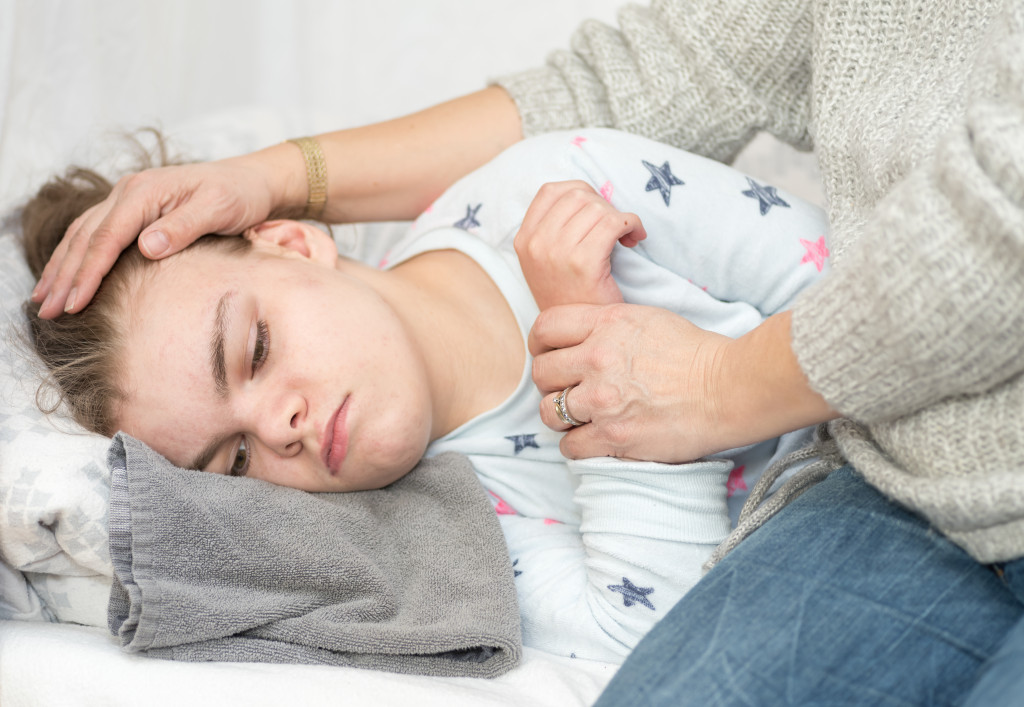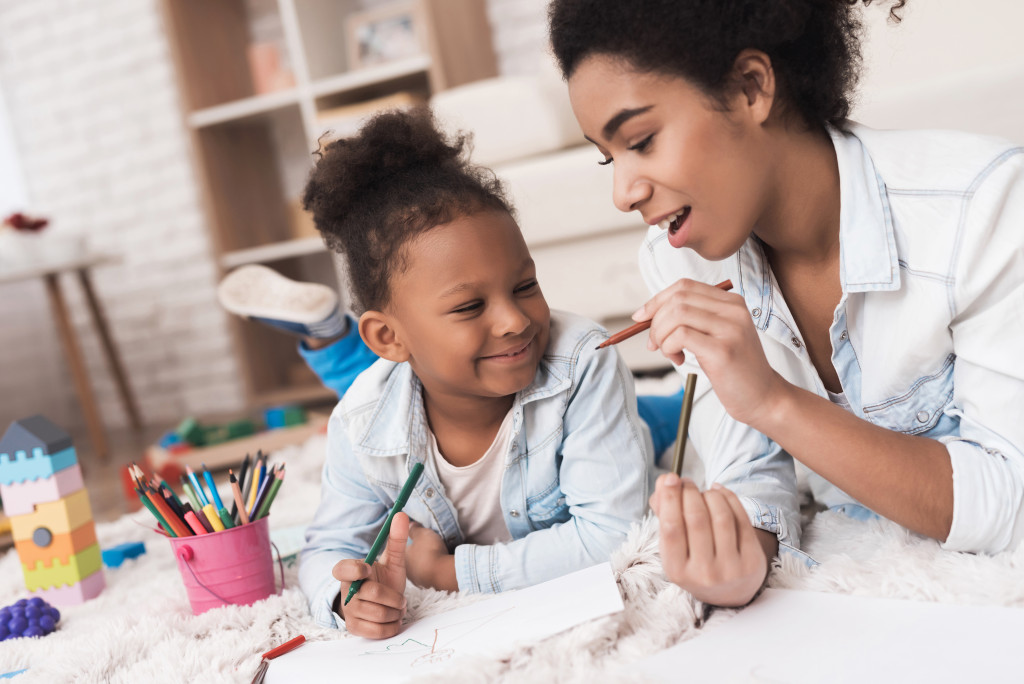The home has various elements that contribute to the upbringing of a child. It can affect their childhood significantly, in all aspects, mental, social, emotional, and physical. It’s natural for parents to want to create the best environment possible to help their kids grow up happily and healthily. To do this well, parents should correctly identify what specific factors come into play and how much they can impact a child’s perception and development. Here are some of the things you should take note of:
Allergens and grime can cause symptoms and mood problems.
Allergic rhinitis is one of the most common ailments that children can get if there are many irritants and allergens in their vicinity. Instead of tackling the symptoms, you should make sure that your home is free of these culprits. It’s especially important, of course, if your child has asthmatic tendencies. Dust mites, pollen, spores, mold, and dander can all contribute to this and become a chronic issue if you don’t clean up the house.
Make sure to lessen the presence of items that spread these contaminants and get a duct cleaning service to prevent unseen build-up. The problem with this being a chronic issue isn’t just with the sneezing and itching, as allergy-related ailments are linked with increased irritability, depression, and lethargy. You don’t want allergies to affect your child’s mood at their tender age, so keep the area as hypoallergenic as you can.
Constant stressors can develop poor emotional stability.
Kids have enough to worry about growing up and learning their way through the world, so the home should be a place of stability. If the home is frequently a space full of stress, this can affect their emotional growth and ability to deal with things. Children don’t always recognize that they are stressed, so it’s essential to identify the signs in time to make sure that you pinpoint what is causing them to manifest.
Make sure the home is secure, dependable, and has comforting routines. Make sure your child is exposed to a relaxing ambiance from how the place is set up to how the adults interact with each other. Consistent anxiety, clinginess, anger, rashness, and recurring fears are just some of the problematic behavioral symptoms that can arise and be challenging to tamper if left unresolved.
An unstimulating environment can affect their brain development.
Children are naturally curious, but it’s up to the adults of the household to hone this further and direct their innate curiosity toward pursuits and activities that will stimulate their minds and pique their interests. Not only are bored kids tougher to take care of, but they are likely to become more limited and overly sheltered. Make sure you are not sacrificing fun and learning in the household for the sake of making a safe house free of hazards.
There is a way to create safe and accessible things throughout the home. You can even make sure you have family activities together that can help your child learn while bonding and remaining under your supervision.
A lack of communication can create inadequate coping mechanisms.
Kids need parental support throughout their childhood and even beyond. However, if you want them to have healthy habits and a level of independence, you want to instill good communication into their lifestyle. Although coddling and oversharing is not the way to go, it doesn’t automatically mean you should go the other way and not talk to your kid enough. That can also create a lot of distress for them and, in turn, lead to inadequate levels of coping. When this happens, they can end up having much difficulty with their own ability to get their point across and talk about what they are feeling. On top of that, this can force them to develop a negative self-identity that doesn’t help them create healthy ways to manage successes, failures, concerns, responsibilities, and changes.
Deprivation from affection can create struggles with mental health.

Children need to feel loved and cared for, especially from their parental figures. That is an essential part of their environment. Without affection, they are likely to develop more struggles with their mental health and have issues relating to others or understand differing perceptions from their own. In essence, a significant lack of affection is also a form of emotional damage that can tarnish their confidence and self-esteem. On top of that, it’s even more problematic for babies under two years of age. Physical affection is also a necessary process that helps them feel secure and allows them to grow physically and mentally.
These different factors can be remedied both by how you set up your home and what actions you take as parents.
